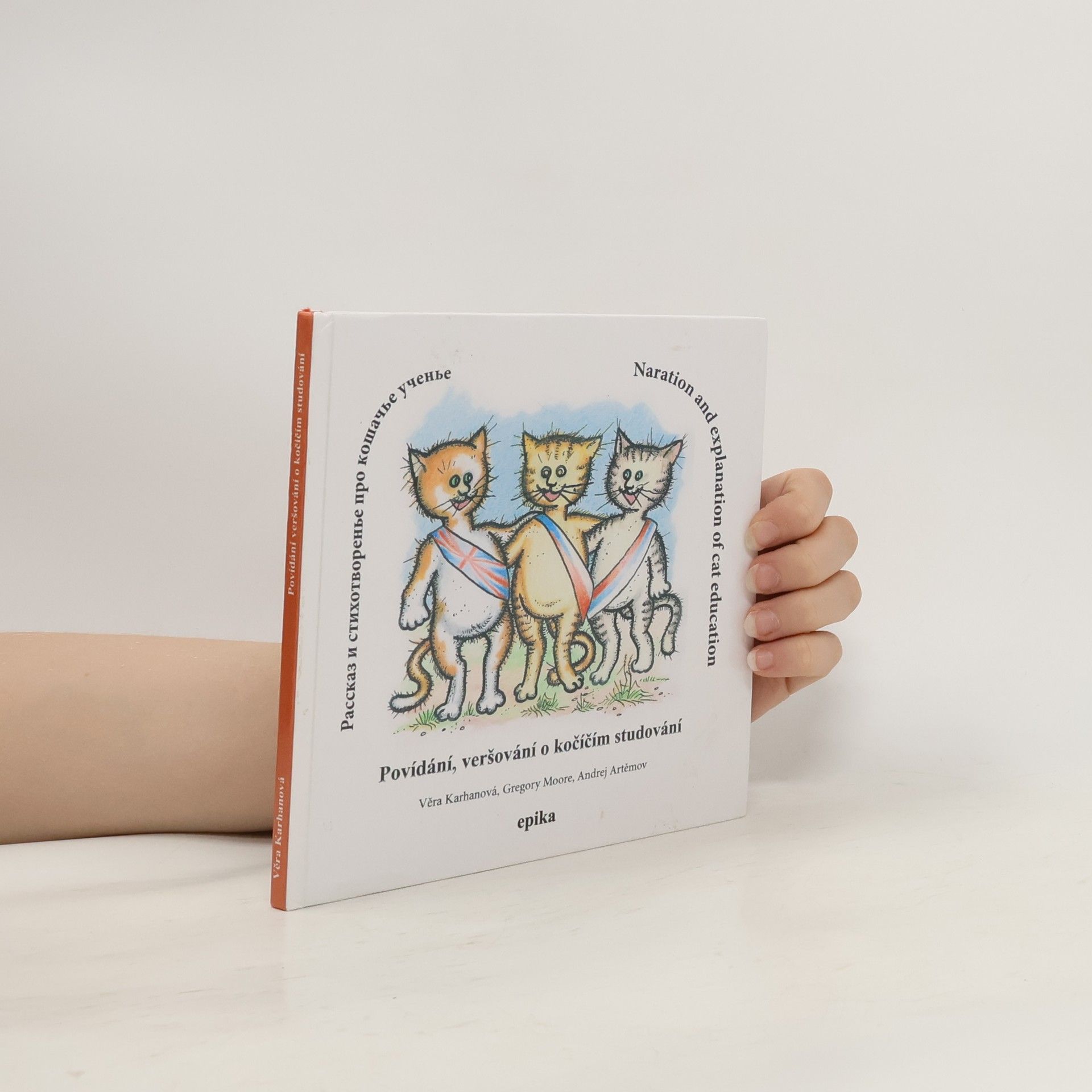The narrative follows Tilbury, whose mysterious past intertwines with the realms of AI technology, supercomputers, and cybercrime. As he navigates this complex landscape, themes of identity and the impact of technology on society emerge, revealing the challenges of counterintelligence and the quest for understanding in a rapidly evolving digital world.
Gregory Moore Book order (chronological)



Say Hello to Apollo Rollo Rowe is a children's book about an adventurous dog named Apollo Rollo Rowe and his lovable partner Adrianne Aaliyah.
Povídání, veršování o kočičím studování
- 51 pages
- 2 hours of reading
Jak šla koťata do školy - v českém, anglickém a ruském jazyce.